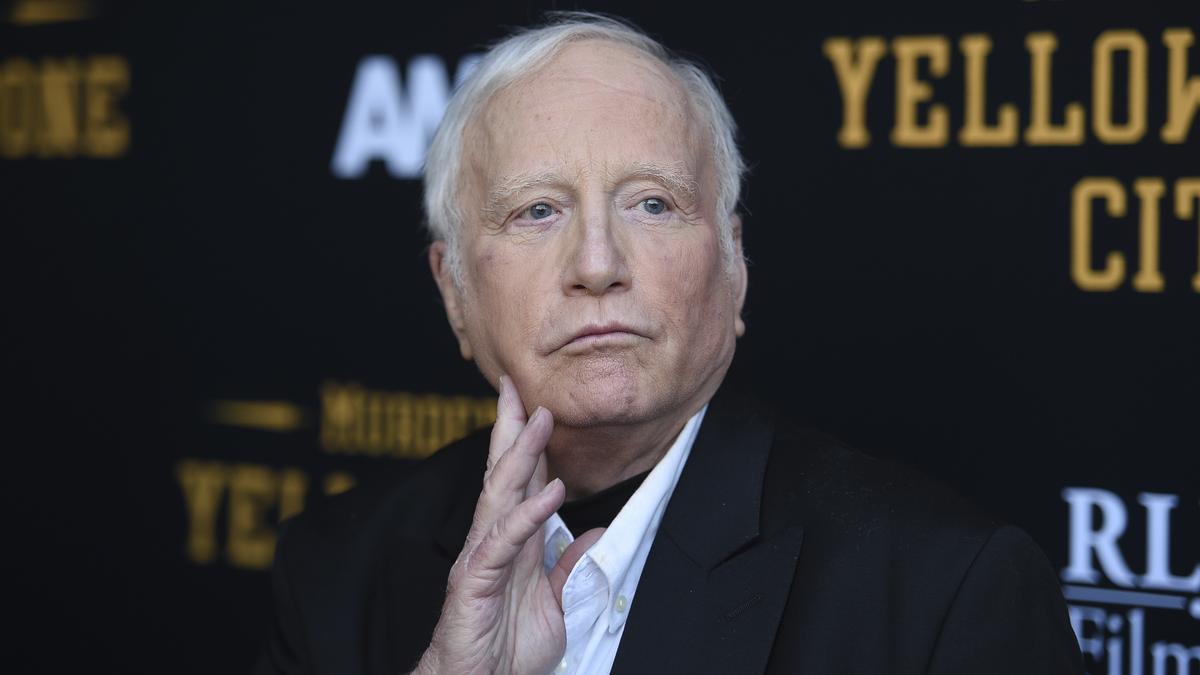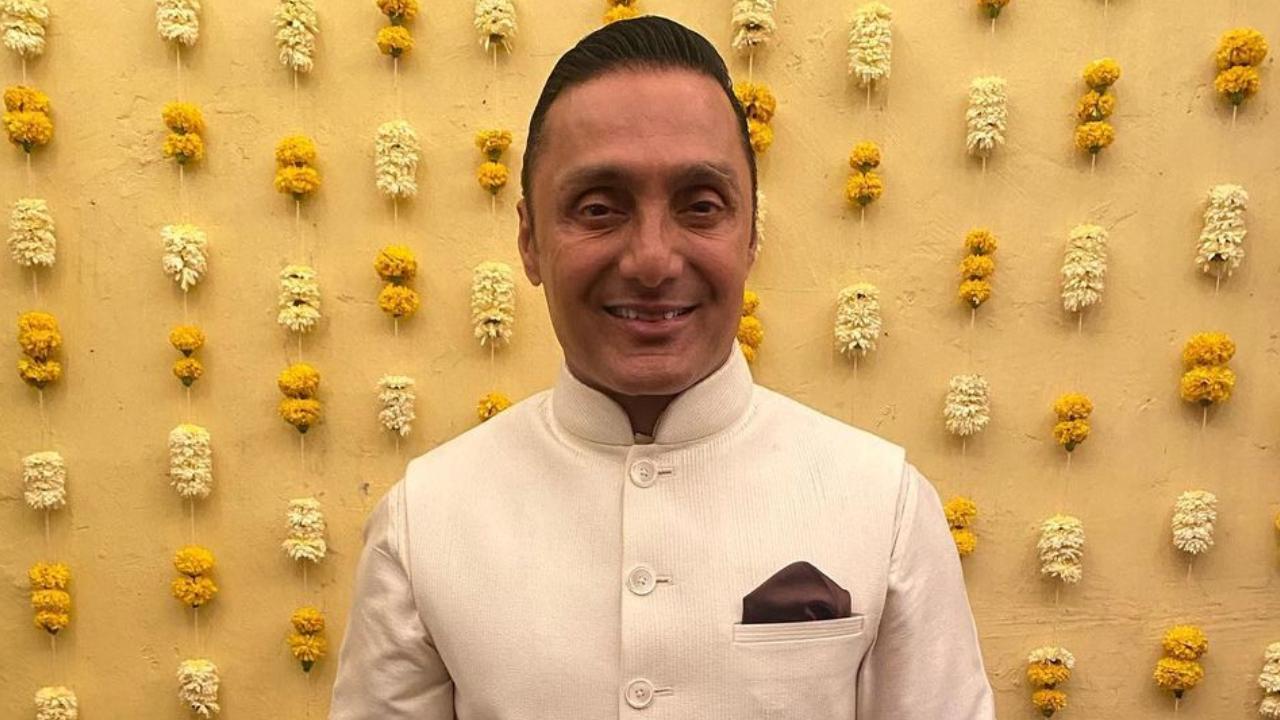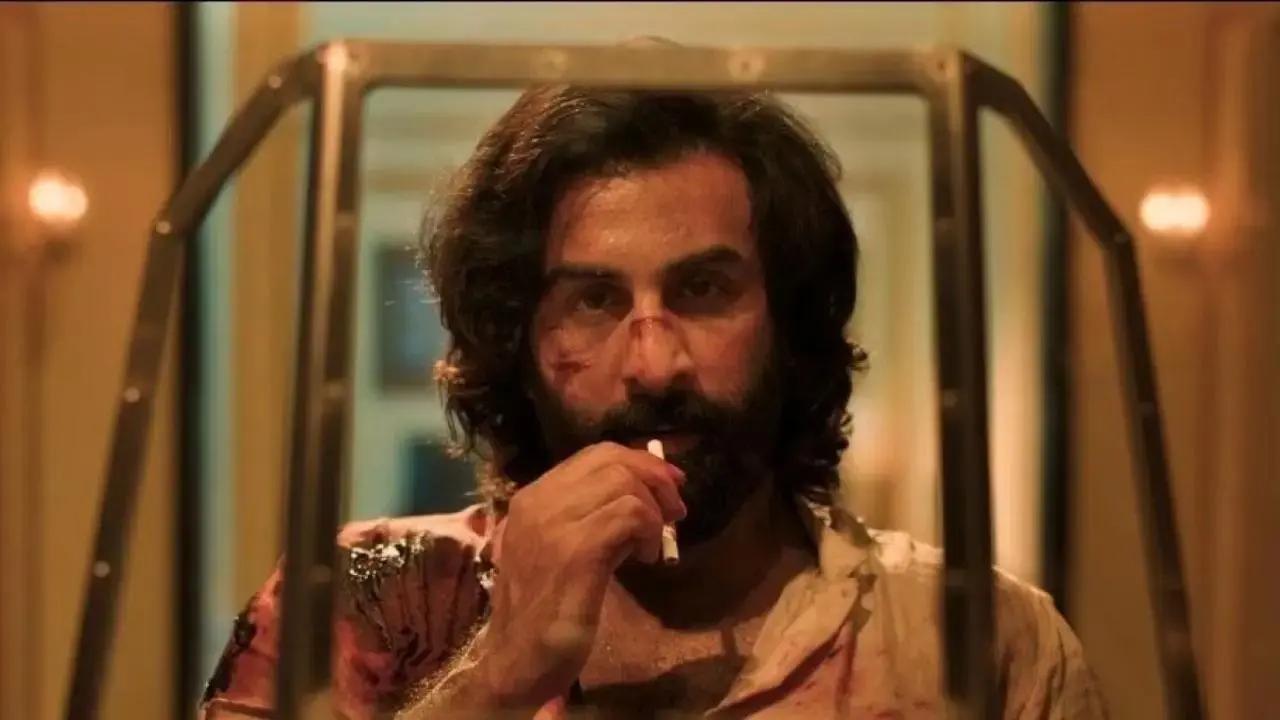
Richard Dreyfuss, the acclaimed actor best known for his role in Steven Spielberg’s iconic movie “Jaws,” found himself at the center of a storm during a screening of the classic film in Beverly, Massachusetts. The event, held over Memorial Day weekend at The Cabot theater, quickly descended into controversy due to Dreyfuss’s remarks, which many attendees described as deeply offensive and inappropriate.
Appearing on stage clad in a floral print dress and using a cane, Dreyfuss set a provocative tone that foreshadowed the contentious direction of his subsequent comments. Initially met with curiosity, his appearance swiftly became overshadowed by his remarks, which escalated into a tirade criticized as transphobic, sexist, and homophobic. The 75-year-old actor took aim at various targets, criticizing women and making disparaging remarks about the #MeToo Movement, which advocates for survivors of sexual harassment and assault. He also questioned the legitimacy of transgender identities, remarks that further fueled the ire of the audience.
The reaction from the crowd was one of immediate dismay and anger. Reports indicate that many attendees chose to leave the event before the screening of “Jaws” even commenced, unable to tolerate Dreyfuss’s offensive rhetoric. Social media quickly became a platform for expressing outrage, with one individual taking to The Cabot’s Facebook page to voice their disgust. “How could The Cabot not have vetted his act better?” asked one frustrated attendee. “Apparently, he has a reputation for spewing this kind of racist, homophobic, misogynistic bullcrap.”
The Cabot theater responded to the backlash with a public apology, disseminated to attendees and later obtained by Deadline. The statement clarified that Dreyfuss’s opinions do not reflect the theater’s values of inclusivity and respect. The management acknowledged the distress caused by the actor’s remarks and took responsibility for not foreseeing the controversial nature of his speech.
. Despite their earnest attempts to mitigate the fallout, the apology did little to quell the frustration that lingered among audience members. Some attendees noted their dissatisfaction with the handling of the event, specifically the lack of refunds provided. “This was offensive, and we demand a refund,” one commenter demanded, voicing a sentiment shared by many.
This controversial appearance follows similar incidents involving Dreyfuss at prior events. Earlier, during a screening of “Jaws” in Portsmouth, New Hampshire, Dreyfuss also made contentious statements that sparked significant backlash. This pattern of behavior suggests that his latest comments are not isolated incidents but part of a broader issue involving his public discourse. Over the years, Dreyfuss has not shied away from voicing strong opinions on a variety of topics, including the Oscars’ inclusivity rules and gender-related issues.
The recurring nature of Dreyfuss’s controversial comments has raised questions about the responsibilities of event organizers in vetting guest speakers, especially when such speakers have a history of making divisive remarks. Critics argue that proper vetting processes and clear guidelines could help prevent similar incidents in the future, thereby ensuring that public events remain respectful and inclusive spaces for all attendees.
In the wake of the incident, several advocacy groups have weighed in on the matter, emphasizing the importance of fostering environments that do not tolerate hate speech or discriminatory rhetoric. Advocates stressed that public figures, particularly those with substantial influence and platforms, have a responsibility to contribute positively to societal discourse rather than perpetuate harmful stereotypes and prejudices.
Richard Dreyfuss, a veteran actor with a lifetime of achievements in cinema, has yet to publicly address the controversy stemming from his comments in Beverly, Massachusetts. As the discussion around his remarks continues to unfold, many are left grappling with the broader implications of allowing public figures to use their platforms in ways that may spread divisive or intolerant viewpoints.










